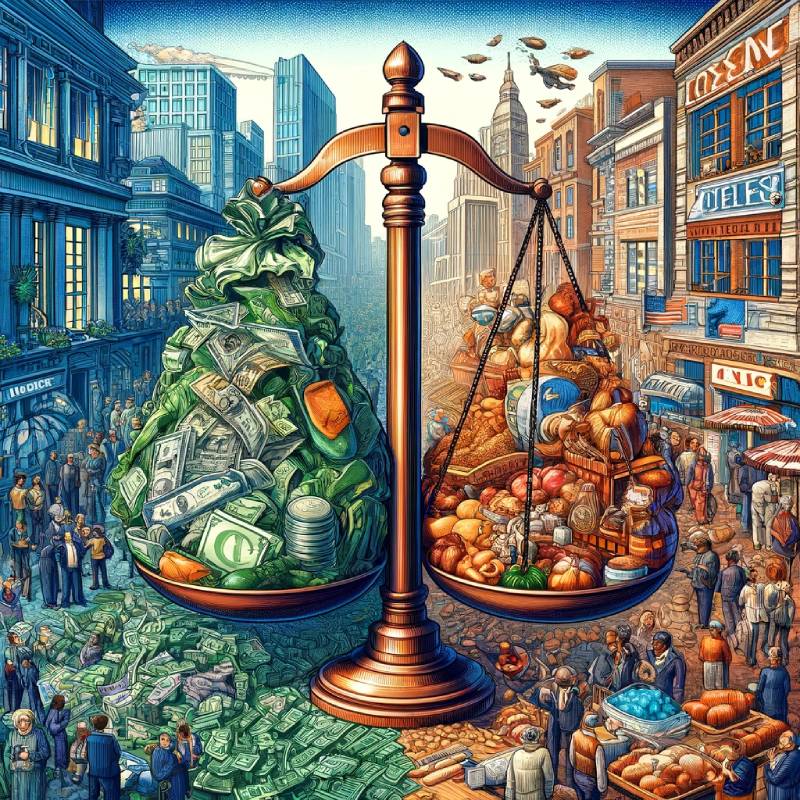The debate over whether it is more effective to tax income or consumption has long engaged economists, policymakers, and the public. Both approaches have their own advantages and disadvantages, and their effectiveness can depend on the specific economic, social, and fiscal goals a government aims to achieve. Here’s a comparison to help elucidate the matter:
Taxing Income
**Pros:**
– **Progressivity:** Income taxes can be structured to be progressive, meaning higher earners pay a higher rate than lower earners, which can help reduce income inequality.
– **Stability:** Income taxes tend to be relatively stable sources of revenue for governments, as they are based on wages and salaries that don’t fluctuate as much as consumption patterns.
– **Equity:** Taxing income is seen by many as a fair way to collect taxes since it’s based on the ability to pay. Those with higher incomes presumably have a greater ability to contribute to public finances.
**Cons:**
– **Disincentive to Work and Invest:** High income taxes can discourage work, savings, and investment. When people see a significant portion of their income taken away, they might be less motivated to earn more.
– **Complexity and Evasion:** Income tax systems can be complex, requiring detailed record-keeping and reporting. This complexity can lead to tax evasion and avoidance strategies.
Taxing Consumption
**Pros:**
– **Encourages Saving:** Since consumption taxes are only levied when money is spent, they can encourage saving and investment. Savings can lead to higher investment rates, potentially boosting economic growth.
– **Simplicity:** Consumption taxes can be simpler to administer than income taxes. Sales taxes, for example, are collected by businesses at the point of sale and sent to the government.
– **Fairness Concerns:** Some argue that consumption taxes are fair because they tax money that people choose to spend. They are seen as a tax on current consumption rather than a tax on the total capacity to consume.
**Cons:**
– **Regressivity:** Consumption taxes can be regressive, meaning they take a larger percentage of income from low-income individuals than from high-income individuals. This is because lower-income households spend a larger proportion of their income.
– **Volatile Revenue:** Consumption taxes can lead to more volatile government revenues, as they are more affected by economic cycles. During recessions, people spend less, which can lead to significant drops in tax revenue.
Effectiveness and Goals
The effectiveness of taxing income versus consumption ultimately depends on what the government aims to achieve:
– **For Reducing Inequality:** A progressive income tax might be more effective.
– **For Encouraging Saving and Investment:** A consumption tax could be preferable.
– **For Simplicity and Efficiency:** Consumption taxes might be easier to administer.
– **For Stable Revenue:** Income taxes may provide more stability.
Many countries use a combination of both to strike a balance between these objectives, tailoring their tax systems to reflect national priorities, economic conditions, and social values.

